the destroyer > cheap papers > Maureen McHugh
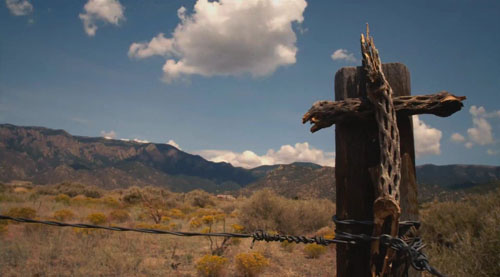
It is considered that there are only two basic responses when danger arrives: evade or eviscerate. The invented scenario that is most commonly given to explain this response is to imagine oneself standing alone on a grass-filled plain, spotted by a stronger predator. Though many are certain of what their reaction would be, the actual veracity of this act is deemed to be impossible, based on the human urge to maintain a tight grasp of autonomy over all things. This skewed representation of reality is most commonly referred to as "perceived control"
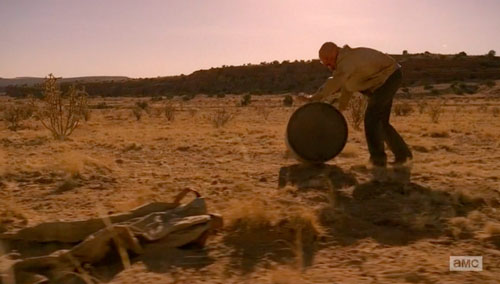
The tenant of "perceived control" is mirrored by the tenant of "actual control", which posits that one's perception of one's control over a dangerous situation is often in no way reflective of one's actual abilities to fend off this danger itself. There is no way of knowing how one will actually behave in any given situation, as, in a demonstration of inherent egoism, one is far more likely to overestimate their capabilities in a situation of danger, rather than underestimate them, believing oneself to be a "certain way"
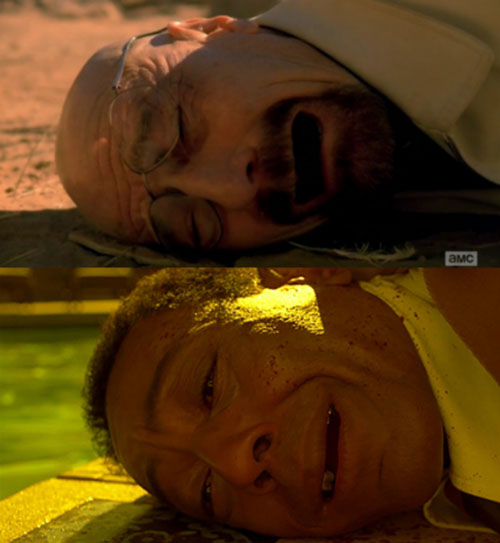
Similarly, one cannot accurately perceive how another might act in any given situation unless understanding the Other as a complex and internal being motivated by their own factors which require as much dignity as the behaviors of the self. This consideration is also known as "empathy". In Lawrence Kohlberg's stages of moral development, the conceptualization of others as being outside of the world of the self is one of the most advanced forms of morality one can achieve. Kohlberg's stages are based primarily in the interest of upholding justice: that in order to maintain morality one must consider the impact of the decision on the larger social framework, and most importantly, make an attempt to understand the internal world of another through placing oneself in "another's shoes"
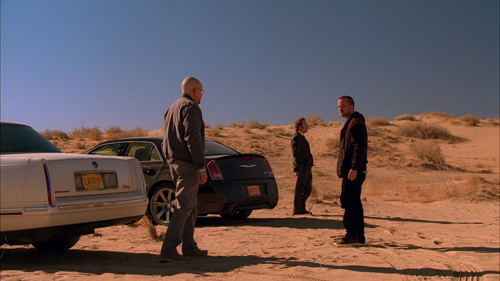
[[[[[[
FUNDAMENTAL ATTRIBUTION ERROR: To consider that "Bad Things" only happen to "Bad People"; that the circumstances through which tragedy occurs are implicit in the character of the person themselves. This concept is found mostly in Western cultures, caused by the learn toward personal autonomy, the inability to see beyond the self, and the tendency to view the Other as an Object that the Universe acts upon in a way which is perceived to be "just" or "fair". (You are not the God of your little World though you often, it seems, you wanted to be)
[[[[[
A recent study concluded that participants would rather shock themselves with an electrical pulse than sit alone with their thoughts, with no distractions, in a room for fifteen minutes. The experience of being human is one of relentless internal overstimulation. Though many will claim that each stimulus creates an equal and equivalent reaction, this cannot be the truth, not entirely. The self exists as it does; creates what it must, often more than it should lay claim to. When left alone with itself, the brain will devise numerous combinations of catastrophic thinking, whether based in morality or simply as a means to justify its own emotional end
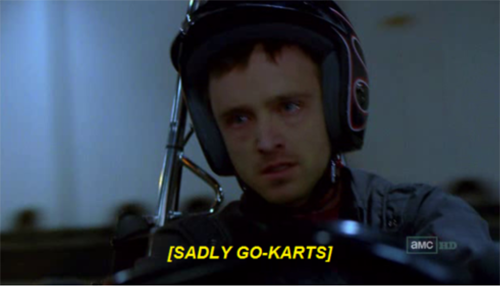
When faced with two contradictory emotions, one is forced to become morally autonomous, to be left alone with oneself and one's perceptions, however weak this sense of personal justice may be. This concept brings the average human extreme discomfort with no offer of external release. Because paradoxical thinking offers a lack of resolution, one is held, constantly, within the complexity of their own emotional response, repulsed by their inability to identity which feeling it is which consumes them, yet drawn to feel the feeling fully itself. Not only is one trapped inside the space of the self, worse, one is made to be trapped inside the space of another, too
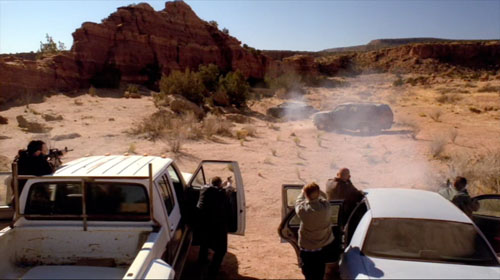
Despite the polarity with which the concept of fight or flight is presented, it is clear also that there are numerous shades of survival methods which exist, creating a spectrum, whether the perceived threat is actual (physical) or internal (emotional). The birds which fly toward the banks of a dried river. The men who shoved each other on the sidewalk, screaming into each other's face. I wrote you that poem because I wanted you to know I hated you; though I am unable to tell which category this gesture falls under, still








